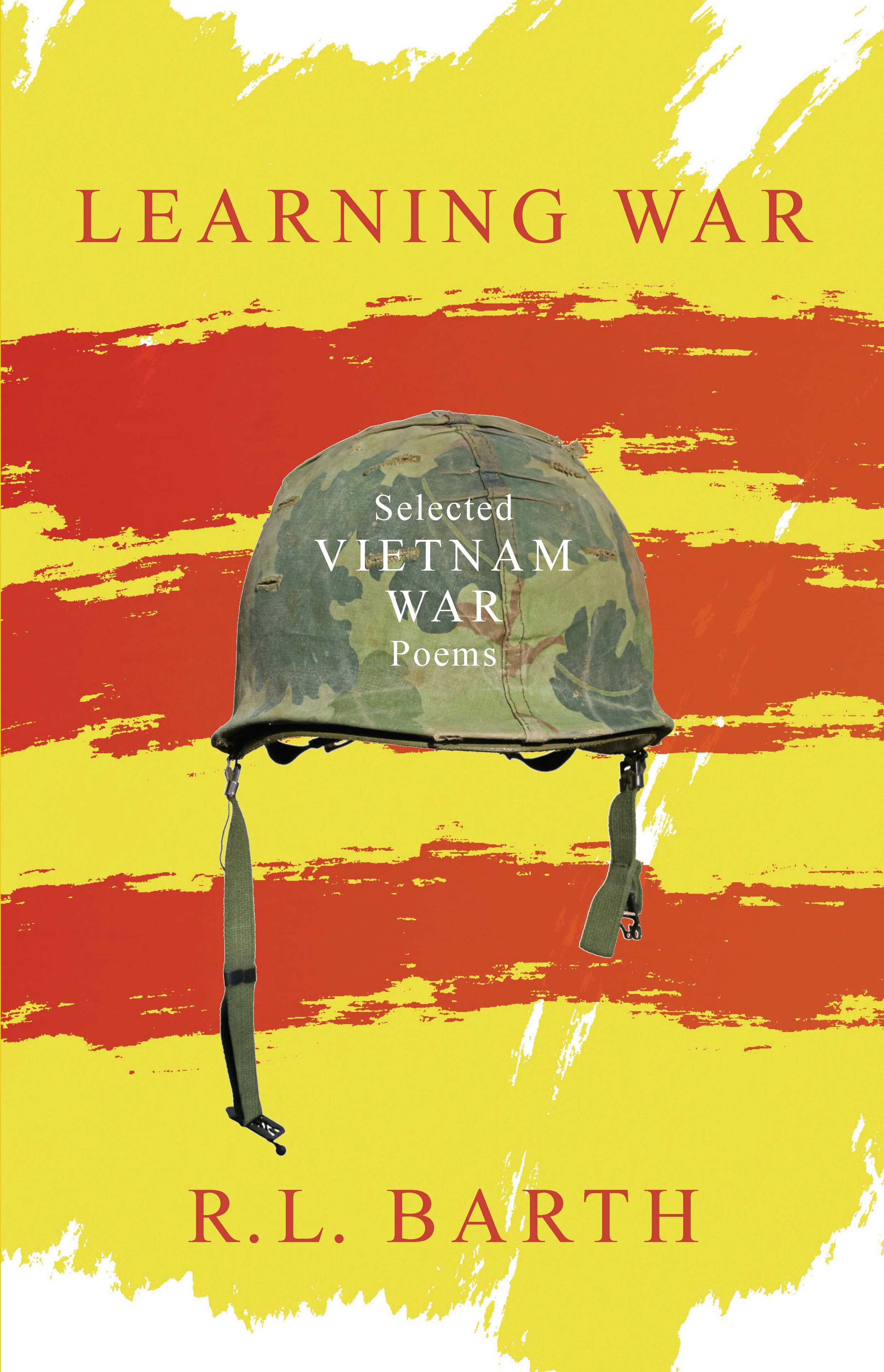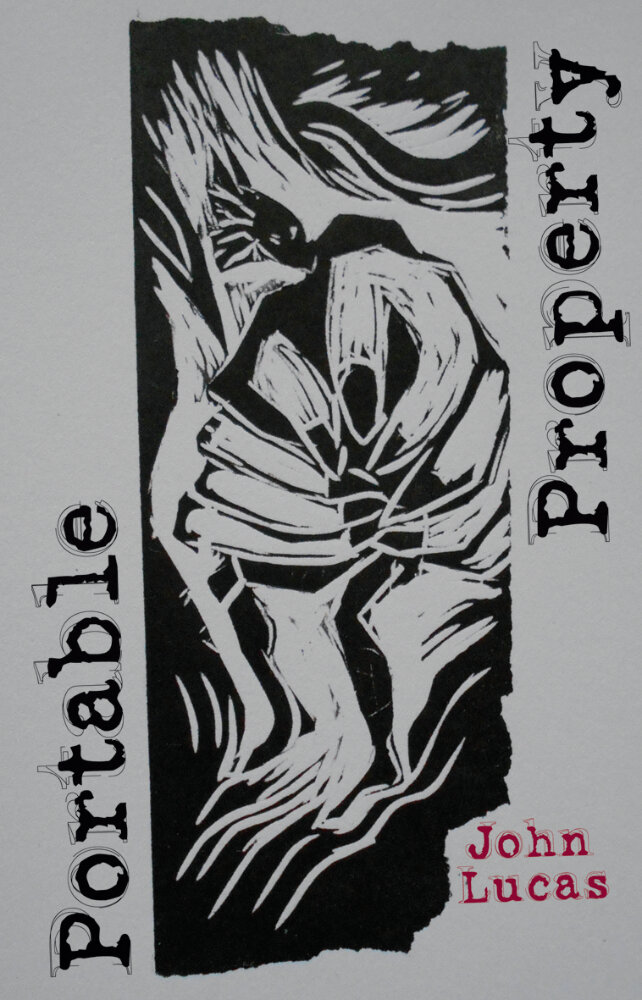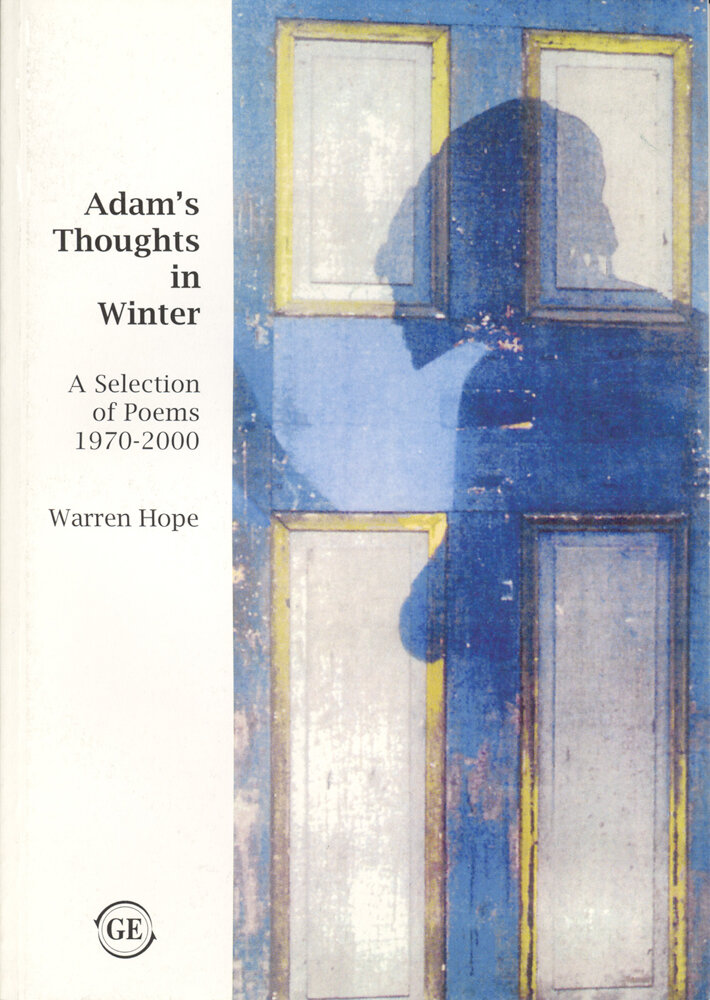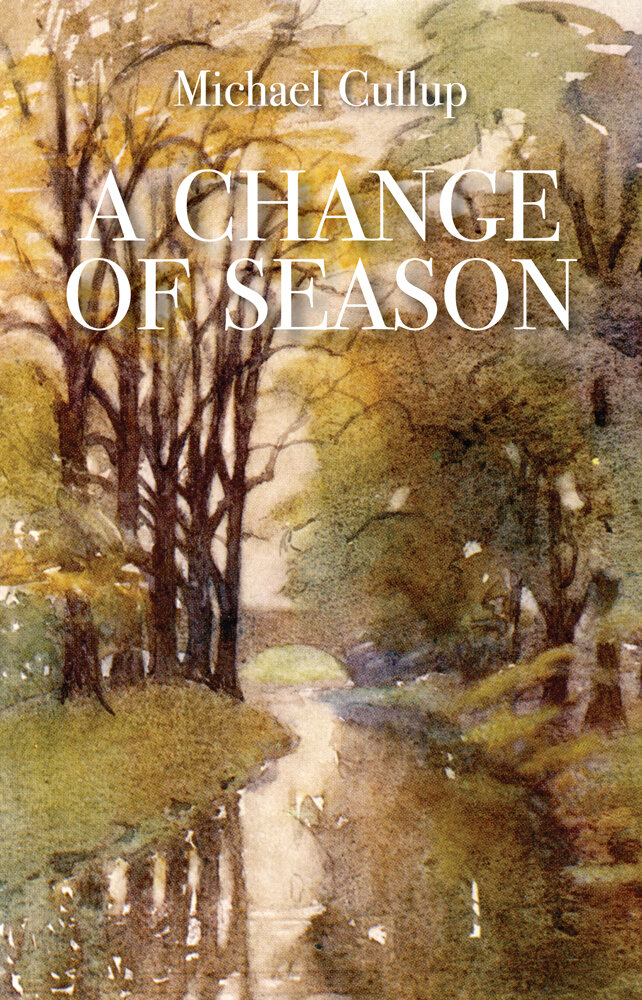 Image 1 of 1
Image 1 of 1


Learning War: Selected Vietnam War Poems
The Vietnam War happened a long time ago in a place far away. For an entire generation, it was one of the most defining events of the age, certainly for all those who fought in it, but also for those who protested against it, and for those who watched it on their TVs, the first time war was witnessed by the general public in real time, with body counts served alongside the evening meal. It has been the subject of countless books, movies, and documentaries. Why, then, should we read about it now? The poet R.L. Barth, who as a young Marine experienced the war first-hand, responds, ‘Because it’s truth. Because it’s history.’
The greatest truth of war is that it can never be understood unless it is told by its victims. In Barth’s poems, victims are given voice. Those who fought, those who died, those who returned wounded and shattered in body and mind, not to parades as heroes, but to a country that too often victimised them a second time, and would not acknowledge their service until many years later. His poems are often short, bursting with the power of ordnance, like that recounted in ‘One Way to Carry the Dead’, which reads in its entirety: ‘A huge shell thundered; he was vaporised / And, close friends breathing near, internalised.’
They convey, with elegant efficiency, the horrors and absurdities of war. And this is the most important reason that we need these poems.
About the author: R.L. Barth is the author of No Turning Back: The Battle of Dien Bien Phu and the editor of The Selected Letters of Yvor Winters, among other books. He lives in Edgewood, Kentucky, with his wife, Susan.
88 pages.
ISBN: 978-1-910996-56-0
The Vietnam War happened a long time ago in a place far away. For an entire generation, it was one of the most defining events of the age, certainly for all those who fought in it, but also for those who protested against it, and for those who watched it on their TVs, the first time war was witnessed by the general public in real time, with body counts served alongside the evening meal. It has been the subject of countless books, movies, and documentaries. Why, then, should we read about it now? The poet R.L. Barth, who as a young Marine experienced the war first-hand, responds, ‘Because it’s truth. Because it’s history.’
The greatest truth of war is that it can never be understood unless it is told by its victims. In Barth’s poems, victims are given voice. Those who fought, those who died, those who returned wounded and shattered in body and mind, not to parades as heroes, but to a country that too often victimised them a second time, and would not acknowledge their service until many years later. His poems are often short, bursting with the power of ordnance, like that recounted in ‘One Way to Carry the Dead’, which reads in its entirety: ‘A huge shell thundered; he was vaporised / And, close friends breathing near, internalised.’
They convey, with elegant efficiency, the horrors and absurdities of war. And this is the most important reason that we need these poems.
About the author: R.L. Barth is the author of No Turning Back: The Battle of Dien Bien Phu and the editor of The Selected Letters of Yvor Winters, among other books. He lives in Edgewood, Kentucky, with his wife, Susan.
88 pages.
ISBN: 978-1-910996-56-0






